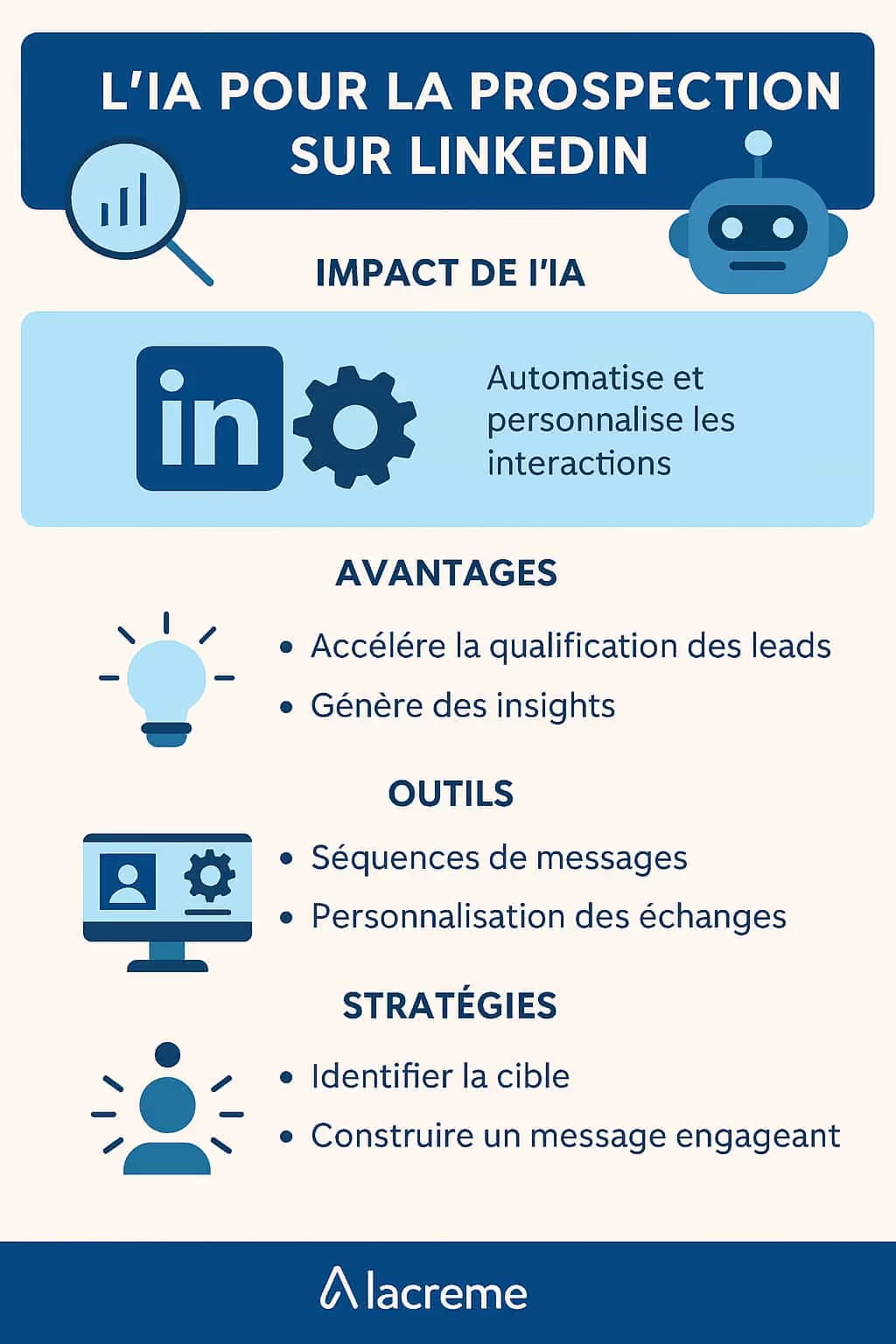Artificial intelligence (AI) is reshaping the tourism industry dramatically. Les travel agencies and artificial intelligence, traditionally perceived as intermediaries between service providers and customers, are metamorphosing under the influence of this disruptive technology. By adopting AI, tourism agencies can significantly improve the customer experience, optimize their services and anticipate the needs of travelers. This article explores the AI revolution in the tourism sector, its practical applications, challenges encountered, and future perspectives.
The pivotal role of artificial intelligence in tourism agencies
Improving the customer experience through AI
The improvement ofcustomer experience is one of the cornerstones of integrating AI into tourism agencies. AI allows a thorough understanding of customer preferences and behaviors, which leads to personalized recommendations and quick responses to their requests. For example, smart recommendation systems analyze customer big data to suggest tailor-made destinations, accommodations, and activities.
Automation and management of travel data
THEautomation Another key benefit of AI is the efficient management of processes and the effective management of travel data. AI algorithms are capable of managing huge volumes of information, allowing for quick processing of reservations, changes, and cancellations. Additionally, AI-based forecasting tools help tourism agencies adapt their offerings and manage inventory in real time.
How is artificial intelligence transforming travel management?
Optimizing routes and forecasting disruptions
The field of travel management benefits greatly from AI foroptimization itineraries and the forecasting of disturbances. Intelligent systems assess traffic conditions, weather, and other external factors to suggest the most efficient routes. They also anticipate potential delays, allowing tourism agencies to warn their customers and react proactively.
Customizing offers and loyalty programs
La personalizing via AI is also evident in loyalty offers and programs. Predictive models identify individual travel patterns and preferences, allowing agencies to design tailored programs that build customer loyalty and encourage repeat bookings.
Concrete applications of artificial intelligence in the tourism sector
Chatbots and virtual assistants: 24/7 customer interaction
The employment of Chatbots and virtual assistants is perhaps the most visible facet of AI in the tourism sector. These automated systems offer 24/7 support to customers, answering their questions, helping with reservations, or providing practical information, with a learning capacity that continuously improves their performance.
Facial recognition and intelligent baggage handling
On the operations side, AI contributes to the improvement of airport procedures through facial recognition for smoother passage and intelligent baggage management systems that reduce errors and delays.
The challenges of integrating artificial intelligence in tourism agencies
Balance between automated services and human contact
Finding the balance between automated services and human interaction is one of the major challenges. Despite technological advancements, the personal touch is still essential in the service industry. Tourism agencies must take care to maintain a level of human contact, especially to manage complex or sensitive situations.
Data privacy and security issues
Questions relating to confidentiality and the security of personal data are also a concern. With the increase in data collection, tourism agencies are facing the need to secure this information and to reassure customers that it is used ethically and in accordance with data protection laws.
Preparing for the future: adapting tourism strategies to artificial intelligence
Continuing education and development of technological skills
For tourism agencies, preparing for the future means investing in training continuous and the development of technological skills. Employees need to be equipped to work effectively with new technology and understand the implications of AI.
Anticipating trends and investing in AI innovations
Finally, anticipating trends and investing in innovations is essential to remain competitive. Tourism agencies need to stay on top of the latest advances in AI and regularly assess how these innovations can improve or transform their services and products. In short, the integration of artificial intelligence in tourism agencies opens up promising horizons of increased efficiency, personalization and innovation. However, this integration must be done taking into account the challenges and preparing for the future through constant investment in training and technology. The journey to the future of tourism with AI is undoubtedly an exciting adventure, rich in opportunities and challenges.






